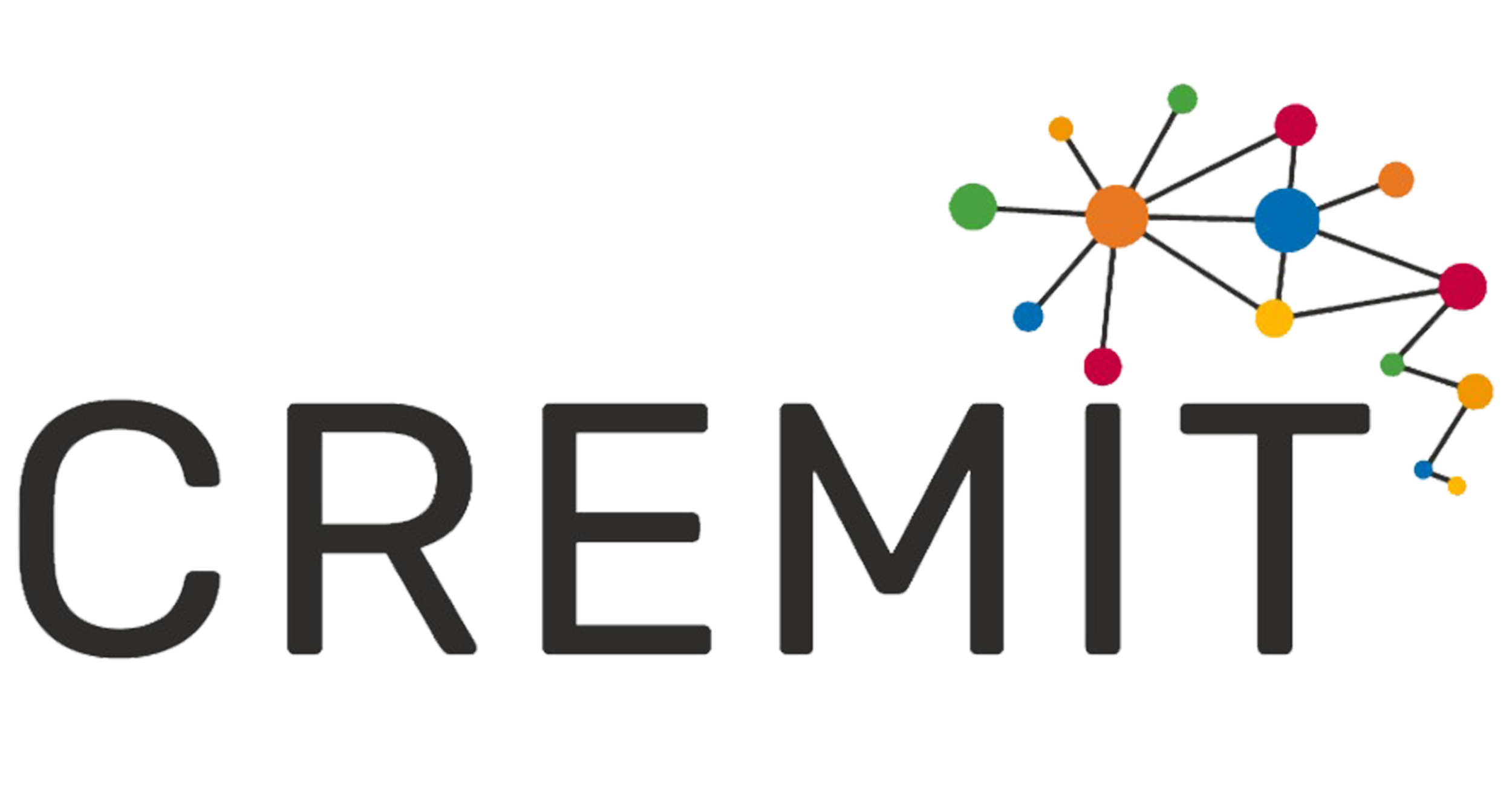Dal 19 al 21 giugno 2024 presso l’Università di Pavia, Campus della salute – Piazzale Golgi, si svolge ISYDE2024, il Simposio Italiano sulla Digital Education, promosso da SIE-L e Sirem. Il tema di ISYDE2024 riguarda l’apprendimento e l’istruzione digitale permanente nella prospettiva di promuovere flessibilità, inclusione, pensiero critico e scambio internazionale.
Il Cremit è presente con tre interventi di Alessandra Carenzio, Simona Ferrari, Stefano Pasta e Federica Pellizzari. Gli interventi saranno dedicati alla relazione tra divulgatori scientifici e insegnanti al tempo del web sociale; al design del syllabus nell’higher education; all’utilizzo di giochi e videogiochi per promuovere Information Literacy al tempo delle crisi.
Qui di seguito gli abstract e il programma della conferenza.
COMMUNICATING SCIENCE: THE IMPACT OF THE SOCIAL WEB ON THE INTERACTION BETWEEN SCIENCE, COMMUNICATORS, AND STEM TEACHERS
S. PASTA, A. CARENZIO, S. FERRARI
The contribution examines the impact of the social web on the interaction between science communicators and STEM teachers. It specifically investigates the dual role of mediators – recognized both as technical systems of mediation and as social entities – within the realms of exchange, generation, and dissemination of scientific knowledge and citizenship (Carenzio, Ferrari, Pasta, 2024); these mediation processes are situated in the scenario of “digital plenitude” (Bolter, 2019) marked by the stratification of a more complex and articulated “media patchwork”.
In the first stage, online profiles (individual or collective) followed by teachers to find information and educational materials on scientific issues have been explored. A survey facilitated the delineation of these profiles, which were subsequently scrutinized concerning individuals’ biographical details, educational backgrounds, conversational tactics, and modes of communication. This analysis was conducted employing a framework grounded in the semio-pragmatic examination of their enunciative selections, as outlined by Rivoltella (2010).
In the second stage, the concerns elucidated through analysis have guided qualitative interviews with science communicators engaged in social media platforms, while concurrently facilitating focus group discussions involving STEM educators. This comparative approach seeks to discern shared challenges about the interface between Science Education and Media Education, particularly within the frameworks of facilitating scientific knowledge dissemination.
EXPLORING SYLLABUS DESIGN IN HIGHER EDUCATION. PERSPECTIVES, PRACTICES, AND IMPLICATIONS IN BLENDED LEARNING ENVIRONMENTS
F. PELIZZARI, A. CARENZIO
The evolution of higher education, driven by the fusion of technology and pedagogy, has given rise to blended learning environments. Syllabus design stands as a linchpin in shaping the structure and delivery of courses within this dynamic landscape. This study delves into syllabus design in higher education within blended learning contexts. It begins with an exploration of foundational theoretical frameworks, including constructivism, learner-centeredness, and outcome-based approaches. The study scrutinizes the interplay between course objectives, content selection, assessment methods, and instructional strategies. Moreover, it highlights the iterative and adaptive nature of syllabus design in alignment with evolving educational paradigms. The analysis extends to the implications of syllabus design on student learning outcomes, academic performance, and satisfaction, emphasizing its role in promoting active learning and autonomy. Furthermore, it underscores the importance of feedback, transparency, and communication in nurturing student growth. The study also acknowledges the instructional roles in syllabus design, particularly in blended learning environments, emphasizing the need for multifaceted competencies among educators. A case study conducted within a blended master’s degree program provides insights into students’ perceptions of the syllabus and its impact on teaching and assessment. Descriptive analyses of questionnaire responses and interviews reveal varying levels of satisfaction and perceptions among students, offering valuable insights for optimizing syllabus design to enhance student engagement and support effective teaching practices.
“SOCIAL MEDIA PUPPETEERS”, “SOCIAL MEDIA FAKE NEWS” AND “DATA DEFENDERS”: GAMES AND VIDEO GAMES TO PROMOTE YOUNGSTERS’ INFORMATION AND MEDIA LITERACY
A. CARENZIO, S. PASTA, S. FERRARI (Università Cattolica del Sacro Cuore, Italy), R. CONTRERAS-ESPINOSA (Universitat de Vic, Spain;), J. L. EGUIA-GOMEZ (Polytechnic University of Catalonia, Spain), M. J. ATUNES, O. TYMOSHCHUK (Universidade de Aveiro, Portugal)
The contemporary youth cohort is confronted with many transformative dynamics, having garnered significant attention in the media landscape. Cultivating dynamic literacies (Potter & McDougall, 2017) emerges as imperative within the information, particularly when news is accessed through social media (Herdzina & Lauricella, 2020, Krumsvik, 2023). The YO-MEDIA project – Youngsters’ Media Literacy in Times of Crisis conceptualized and implemented a hybrid game focusing on misinformation, disinformation, and information literacy in times of crisis.
The contribution presents the tangible outcomes of the project, specifically the board games, and the digital game.
“Social Media Puppeteers” is a micro TTRPG incorporating character creation and dice rolling found in traditional RPGs. Players assume the roles of politicians, journalists, scientists, or influencers, competing on a fictional social media platform to gain influence and promote media literacy.
“Social Media Fake News” is a card game designed to help players understand the features that make a news story vulnerable and false. The goal is to be the first to run out of cards by constructing a fake news story.
“Data Defenders” mobile game centers on a tower defense experience intertwined with engaging mechanics. During the simultaneous threats of an alien invasion and a devastating pandemic, players assume the role of defenders safeguarding global data servers.
Additionally, the contribution will focus on the study protocol accompanying the test sessions designed with adolescents, educators, and teachers (four sessions per country in Italy, Spain, and Portugal).








